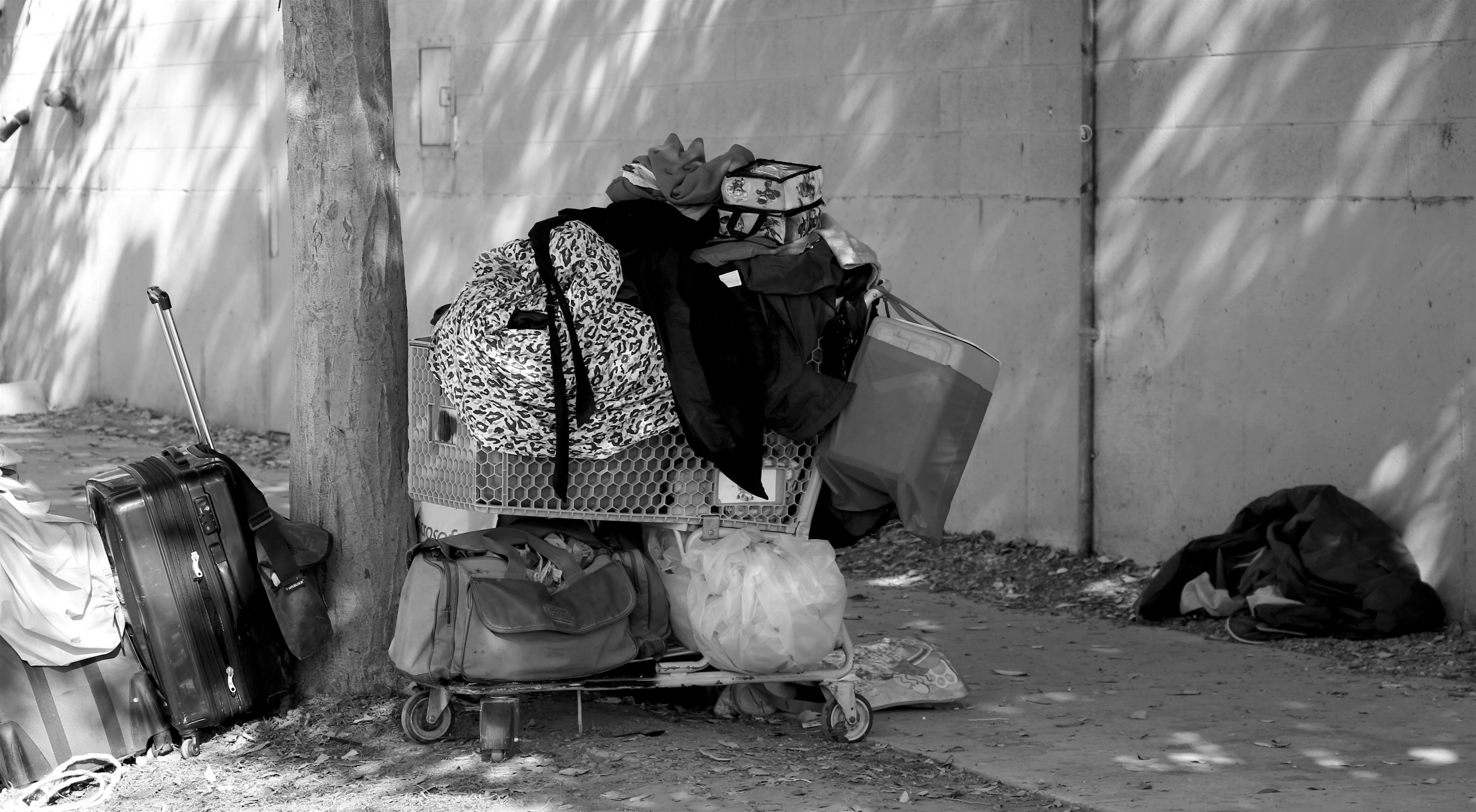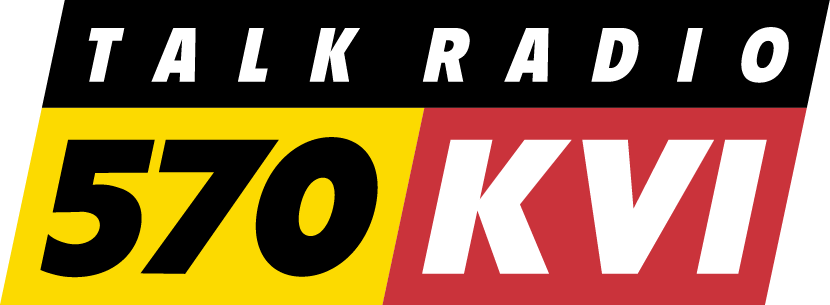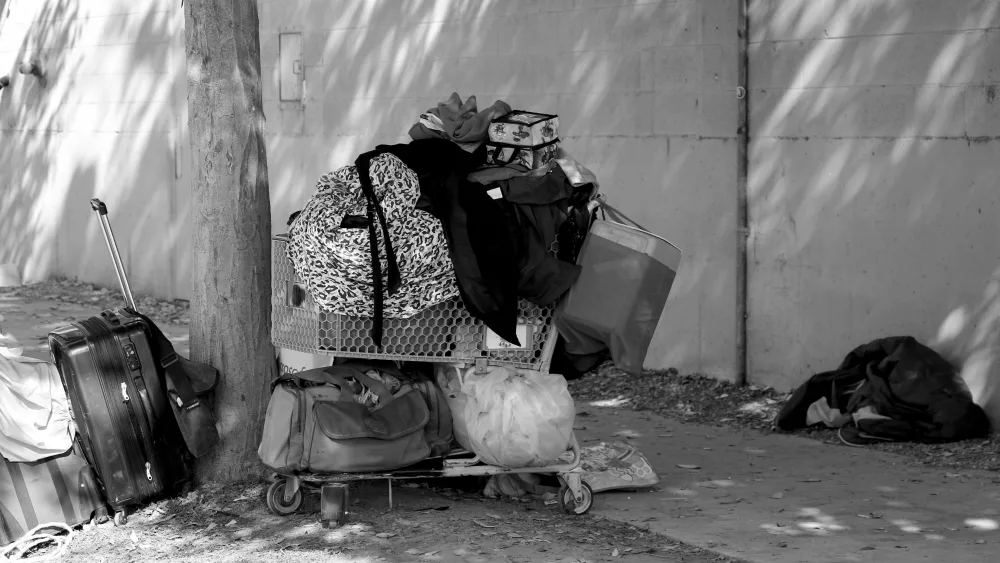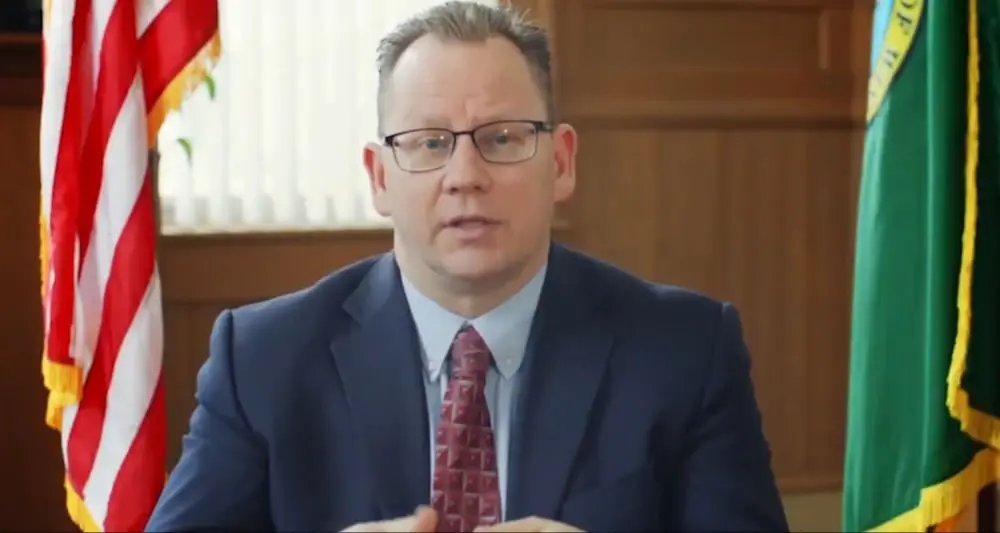
As homelessness continues to surge in major cities like Seattle, federal officials are turning a sharper eye toward what some critics call “Homeless Inc.” — entrenched local bureaucracies and nonprofit networks that receive vast public funding with few visible results.
In a recent interview on the Ari Hoffman Show, U.S. Secretary of Housing and Urban Development (HUD) Scott Turner pulled no punches. During a broadcast from the Eisenhower Office Building in Washington, D.C., steps from the White House, Turner highlighted the Trump administration’s first 100 days of housing policy—and suggested Seattle could soon be in the federal crosshairs.
NEW: When asked whether HUD would consider withholding federal funds from cities like Seattle that refuse audits or fail to show results, Sec Scott Turner said, “That may be a good idea. This is taxpayer money. Our job is to be good stewards & make sure it's actually… pic.twitter.com/vtvxNAejXX
— Ari Hoffman 🎗 (@thehoffather) April 29, 2025
“We’ve hit the ground running,” Turner said, touting $2 billion in savings by rooting out misplaced and misused taxpayer funds from the previous administration. Among the cuts were $260 million in contracts tied to services for illegal immigrants, which Turner says have now been reallocated to benefit American citizens and veterans.
But for cities like Seattle, where billions have been spent with little to show, Hoffman expressed concern—and determination. “We’re seeing places like California spending $24 billion and the problem only gets worse. Seattle hasn’t even done an audit yet,” he said.
Turner replied, “We’re going to take a closer look.”
The term “Homeless Inc.” has been increasingly used by critics to describe the web of nonprofits and government departments in progressive cities that, despite receiving massive funding, show minimal progress in reducing homelessness. Turner said HUD is now prioritizing results-based partnerships, particularly with faith-based and grassroots organizations that have a direct presence on the ground.
“When you have groups refusing to work with proven nonprofits because they’re religious, that’s ideology getting in the way of solutions,” Turner added, referencing resistance in cities like Seattle to partner with faith-based services.
Turner emphasized that local empowerment, not top-down mandates, is central to HUD’s new direction. “The answer is on the ground—states, cities, and people. Bureaucracy has crippled our nation,” he said. “We’re not here to micromanage but to support those who want real change.”
Still, when asked whether HUD would consider withholding federal funds from cities like Seattle that refuse audits or fail to show results, Turner said it’s on the table. “That may be a good idea. This is taxpayer money. Our job is to be good stewards and make sure it’s actually accomplishing its mission.”
He also celebrated policy rollbacks aimed at protecting women in shelters from men who identify as women, curbing benefits for non-citizens, and making it easier for localities to build affordable housing by eliminating regulatory roadblocks.
At the heart of HUD’s strategy, Turner said, is restoring focus and integrity to its mission. “We serve the most vulnerable people in our country. We’re deliberate and intentional about that.”
When asked about the atmosphere inside the administration, Turner praised the team’s unity and shared purpose. “Everyone in this cabinet, from the president on down, cares about America and the American people,” he said. “We’re all rowing in the same direction.”
Turner plans to visit Washington state as part of HUD’s ongoing listening tour, and he welcomed the opportunity to engage with local leaders, including those critical of current approaches. “We want to partner with those who want results,” he concluded. “And we’re coming.”
Listen to The Ari Hoffman Show, weekdays 3-6 PM Pacific on Talk Radio 570 KVI, 101.5 FM HD-3, KVI.com & the KVI app. Subscribe to the show on your preferred podcast platform.







